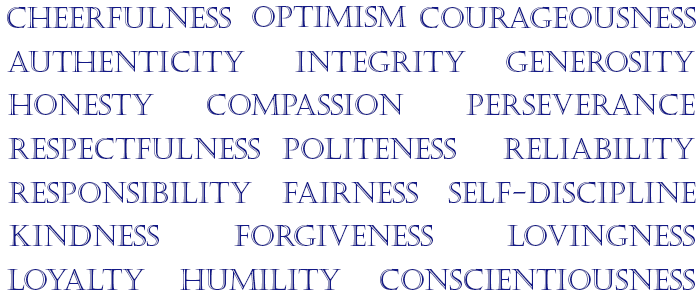
Life Management is about how you manage your relationship with the Universe, Time, Money, Others, and Work. None of these do you ever really control. You have control of yourself, but not the stuff the Universe will throw at you. Your footing needs to be centered around who you are as a person and how your move through your life, not the whimsy of your circumstances. You have the same number of hours as everyone else does in a day. You, like everyone else, have a limited amount of money and like most, have more that you want you buy or have than money to buy it. Others are funny about wanting things their own way and most of your life will be in community. And you will spend more time at work than doing just about anything, so it would be good to have a good relationship with it. MOM is here to help with your Life Management!





